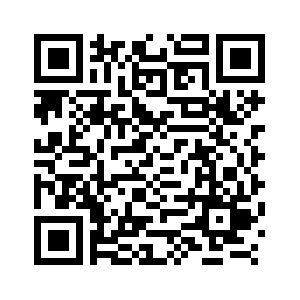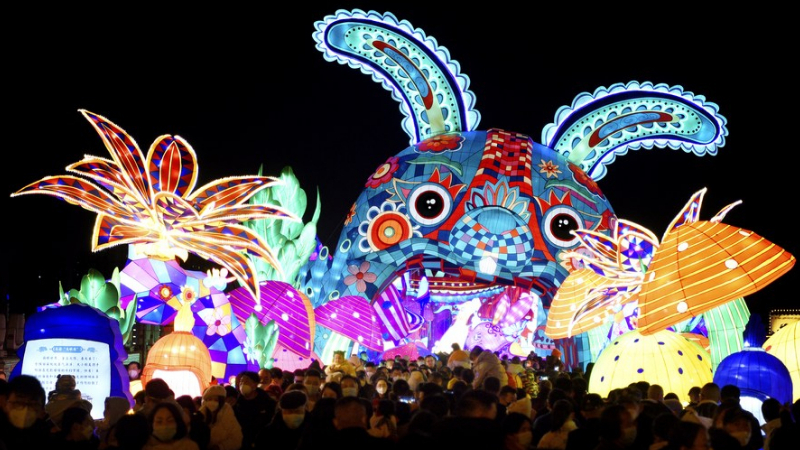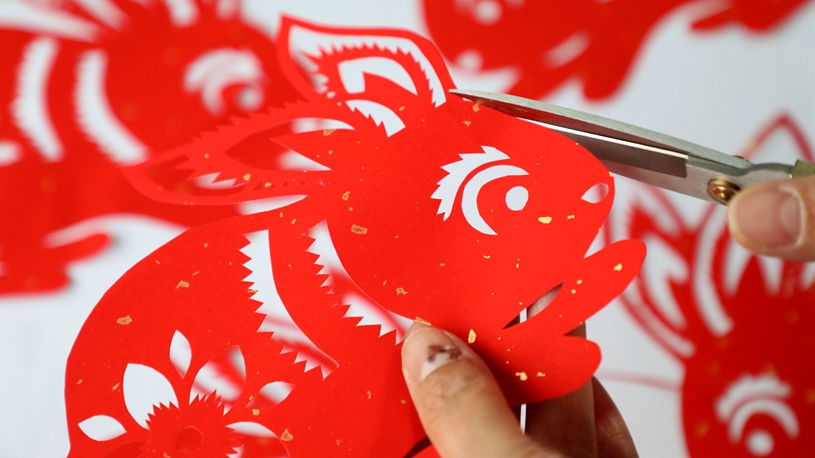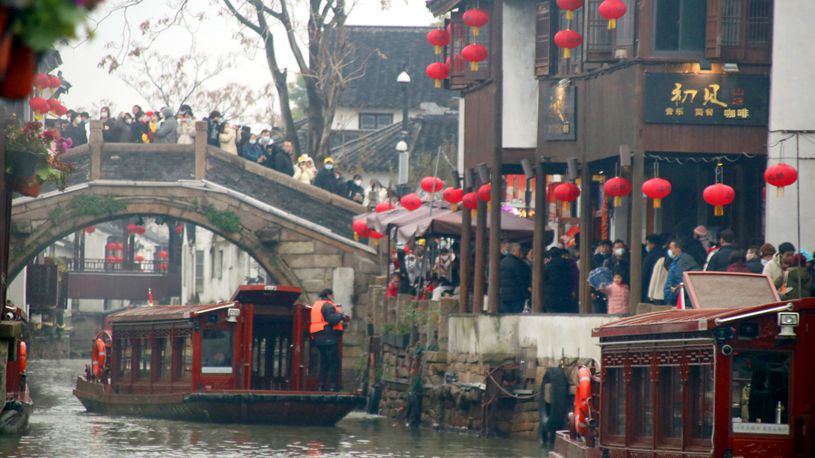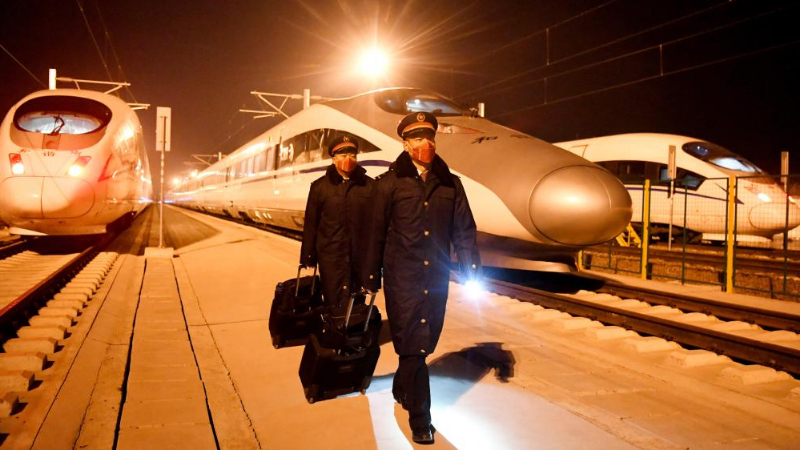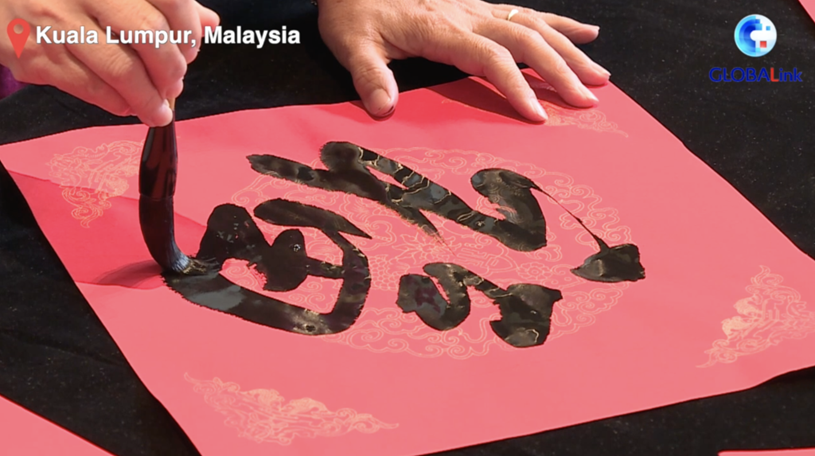* The decision that the United States and Germany will allow the export of M1 Abrams and Leopard 2 tanks to Ukraine, alongside the British Challenger 2 tanks promised in mid-January, sparked concerns over a possible escalation of tensions.
* Delivering tanks in all likelihood will lead Russia and NATO to teeter on the brink of a direct conflict, said Fyodor Lukyanov, research director of the Russian think tank Valdai International Discussion Club.
* Washington is "happy to delegate the right to participate in the escalation to its European allies, in particular Germany," Lukyanov said.
BEIJING, Jan. 27 (Xinhua) -- Germany and the United States separately announced on Wednesday that they will send advanced battle tanks to Ukraine, ending a stalemate where a previously reluctant Germany found itself under increasing pressure from its allies to authorize tank shipments to Ukraine.
While Kiev welcomed the tanks, expecting them to be a game-changer in the battlefield against Russia, analysts expressed concerns that such heavy weapons may intensify the situation, warning of the possibility of a direct war between Russia and the North Atlantic Treaty Organization (NATO).
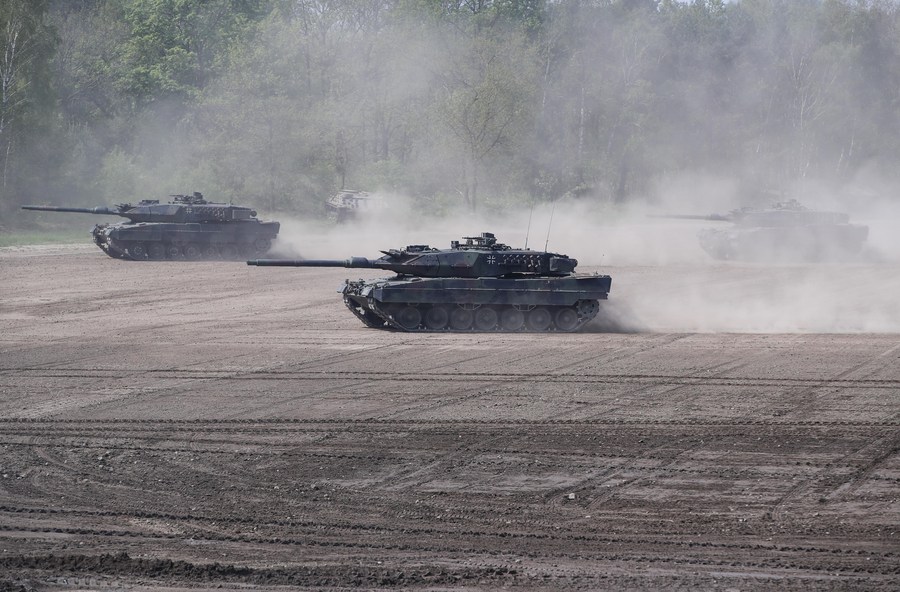
Leopard 2 tanks are seen in a training demonstration in Munster, Germany, May 20, 2019. (Xinhua/Shan Yuqi)
NATO'S PROMISE OF TANKS FOR UKRAINE
On Wednesday, the German government not only agreed to provide Ukraine with 14 Leopard 2 battle tanks from its own stocks but also approved of its customer countries doing the same.
"We are acting in a closely coordinated manner internationally," German Chancellor Olaf Scholz said at a government meeting in Berlin.
Hours later, U.S. President Joe Biden announced that his administration will provide Ukraine with 31 U.S.-made M1 Abrams tanks. A day later, the Canadian Defense Ministry announced it would send four Leopard 2 tanks to Ukraine and is considering sending more at a later date.
Ahead of the latest promised supplies, some other NATO countries had announced increasing weapon supplies to Ukraine, especially heavier weapons.
Britain said on Jan. 14 it would send 14 Challenger 2 main battle tanks to aid Ukraine's offensive against Russia, while other NATO countries, including Poland, the Netherlands, Norway and Spain, have either committed to or been considering sending Ukraine Leopard 2 tanks, though Berlin's approval -- a re-export requirement -- had not been given at that time.
According to military arms experts, the German-made Leopard 2 is one of the most reputable battle tanks in the world, perhaps second only to the U.S.-made M1 Abrams tank.
The deliveries of Leopard 2 tanks will take Ukrainian ground forces to a qualitatively new level, Ukrainian military expert Oleh Zhdanov told The Associated Press.
However, Huang Rihan, professor at the School of International Relations of China's Huaqiao University, told Xinhua that tanks from so many different countries need time to adapt to the front-line situation in Ukraine, which will limit their performance.
"Therefore, it is a bit of an exaggeration to say now that these tanks will drastically change the battlefield situation," he said.
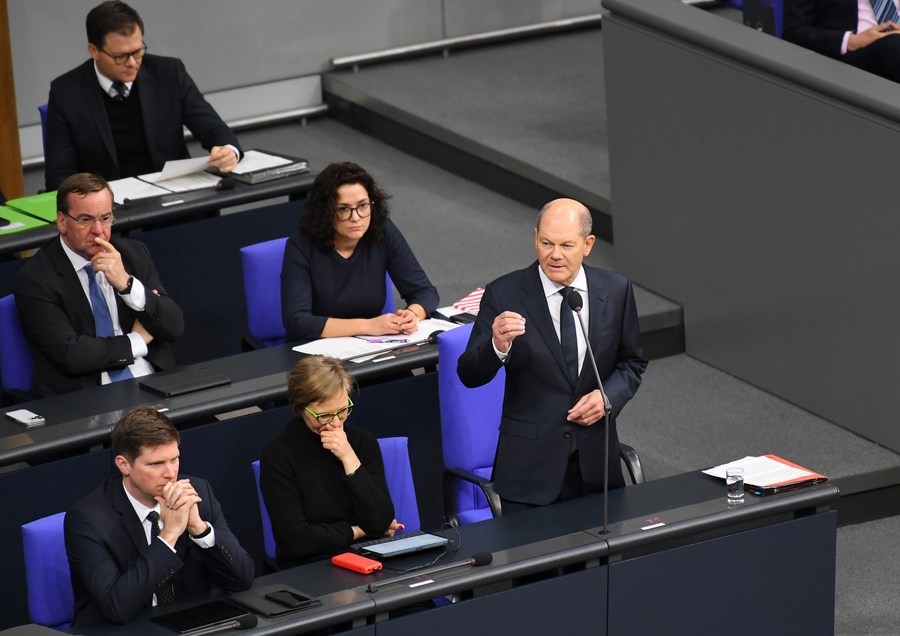
German Chancellor Olaf Scholz attends a question session of the Bundestag in Berlin, capital of Germany, Jan. 25, 2023. (Xinhua/Ren Pengfei)
DIVISIONS AMONG NATO ALLIES
Germany's move was announced following weeks of mounting pressure from its allies, including the United States and other NATO members, who urged Berlin to step up its military support to Ukraine.
Unlike countries such as the United States, Germany has been more cautious in providing heavier weapons to Ukraine, trying to avoid an escalation of the deterioration of German-Russian relations.
Ahead of Germany's decision, Kremlin Spokesman Dmitry Peskov had told Russian news agency TASS that shipments of Leopard tanks to Ukraine would "not bode well" for Russian-German relations and would "undoubtedly leave an unavoidable mark for the future of these relations."
Earlier this month at Davos, when asked about supplying tanks to Ukraine, Scholz said "we are never doing something just by ourselves, but together with others, especially the United States."
At that time, some analysts said Germany was trying to dodge the front-runner-role in fueling the present war. However, Washington responded that it was Germany's own decision whether to supply Leopard 2 tanks to Ukraine.
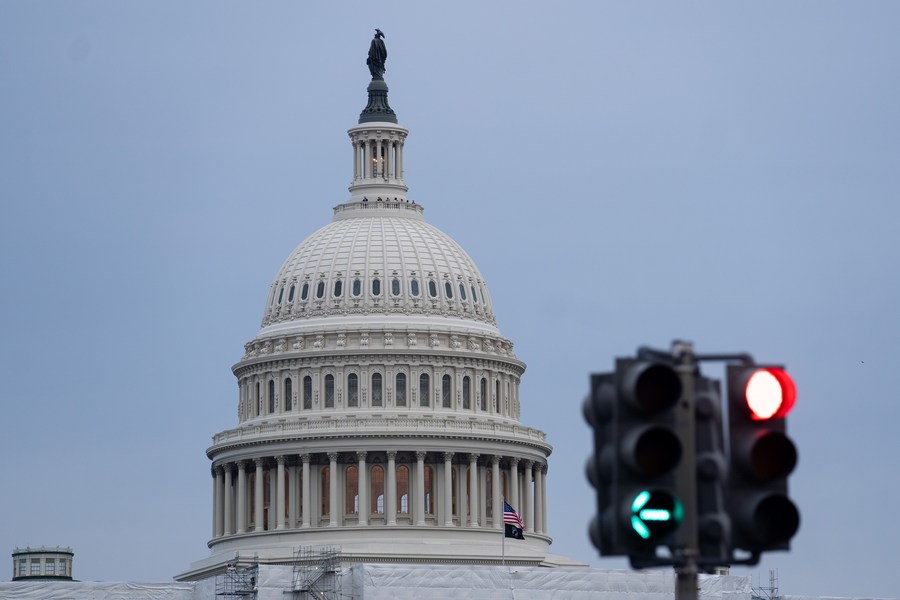
This photo taken on Dec. 8, 2022 shows the U.S. Capitol building in Washington, D.C., the United States. (Xinhua/Liu Jie)
A POSSIBLE PROLONGED CONFLICT
The decision that the United States and Germany will allow the export of M1 Abrams and Leopard 2 tanks to Ukraine, alongside the British Challenger 2 tanks promised in mid-January, sparked concerns over a possible escalation of tensions.
Fyodor Lukyanov, research director of the Russian think tank Valdai International Discussion Club, said that delivering tanks in all likelihood will lead Russia and NATO to teeter on the brink of a direct conflict.
Russia on Thursday slammed Western promises to supply Ukraine with heavy tanks, saying it saw the development as evidence of direct and growing U.S. and European involvement in the conflict.
"It (providing tanks) reveals ... Washington does not want the war to end," Huang said, "such a protracted war would be in America's best interest."
Washington is "happy to delegate the right to participate in the escalation to its European allies, in particular Germany," Lukyanov was quoted by TASS news agency as saying.
"Germany risks being drawn directly into the war as a result," Tino Chrupalla, co-leader of the far-right party Alternative for Germany, has said on social media.
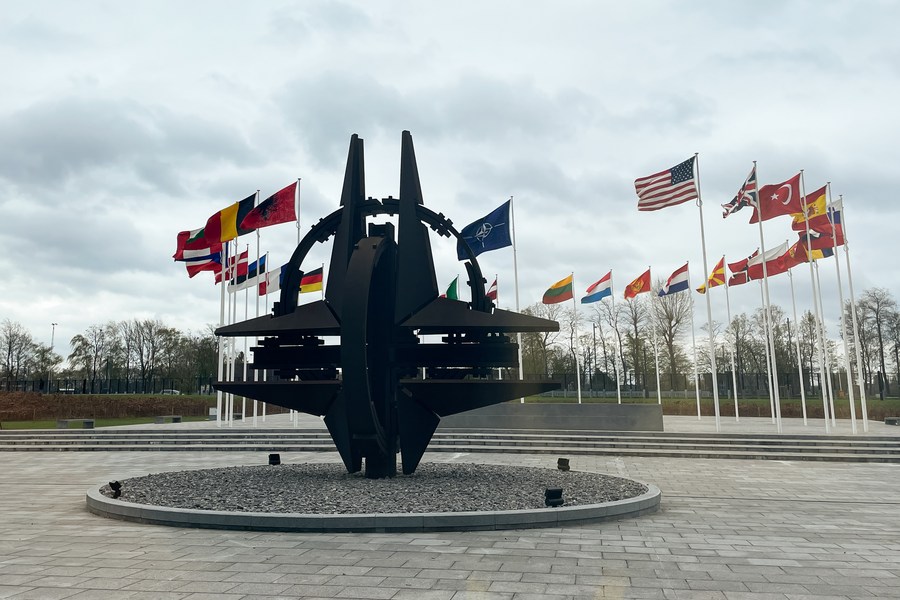
This photo taken on April 6, 2022 shows a sculpture and flags at NATO headquarters in Brussels, Belgium. (Xinhua/Zheng Huansong)
The Left Party, another opposition party in Germany, also warned of a possible escalation of the conflict. "The supply of Leopard battle tanks, which ends a further taboo, potentially takes us closer to a third world war than in the direction of peace in Europe," the party's parliamentary leader, Dietmar Bartsch, was quoted by German news agency DPA as saying.
The attitude of the United States and NATO is an important factor in determining whether peace can be achieved, Huang said.
"Today's Russia-Ukraine situation is largely caused by NATO's eastward expansion," he said, calling on the United States and other NATO countries to play a constructive role.
"The prolonged conflict between Russia and Ukraine is disastrous for Europe and the world economy. If we want the world to resume sound development, we must return to the road of peace talks," Huang said.
(Xinhua reporters Deng Xianlai in Washington, Li Chao in Berlin, Zhang Zhang in Warsaw also contributed to this story.) (Video reporters: Meng Jing, Liu Bowei; Video editors: Zhang Zhihuan, Li Qin, Zhou Yang, Liu Ruoshi) ■
